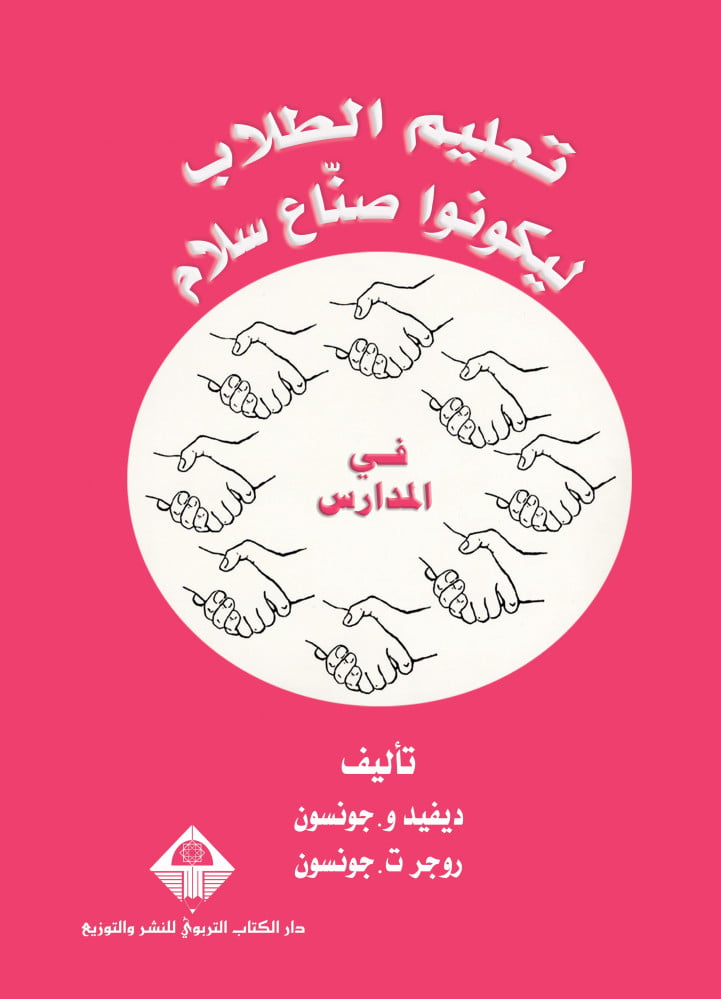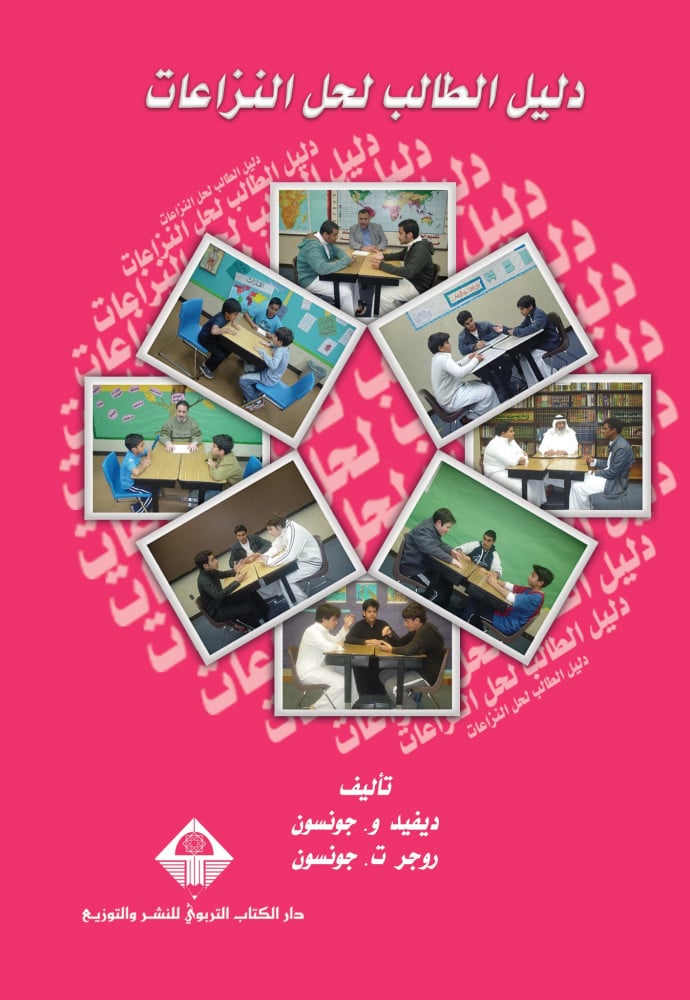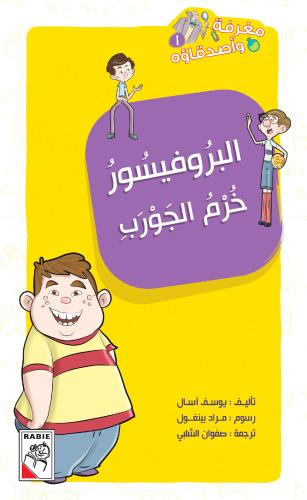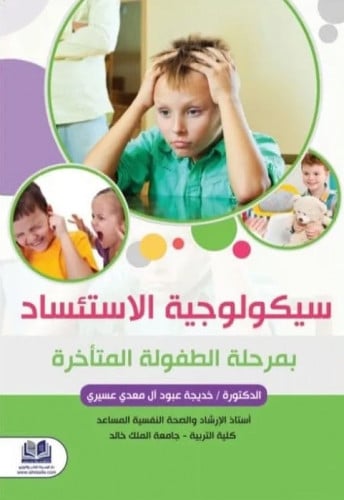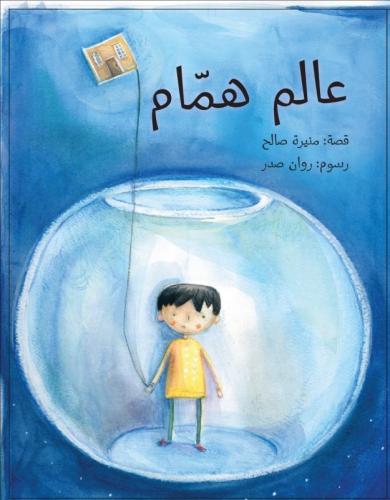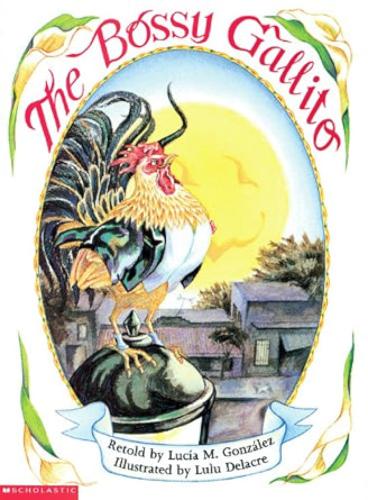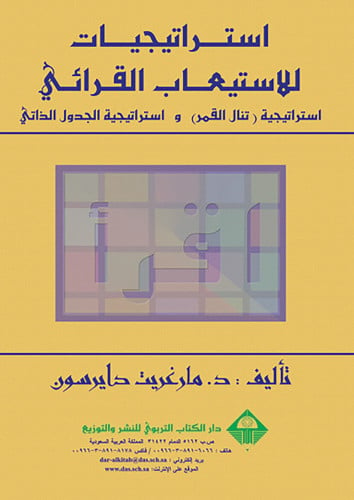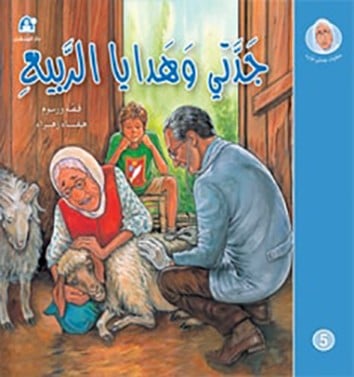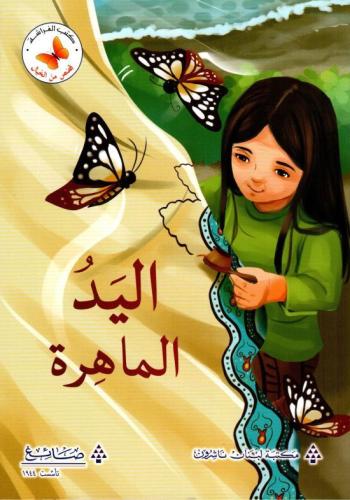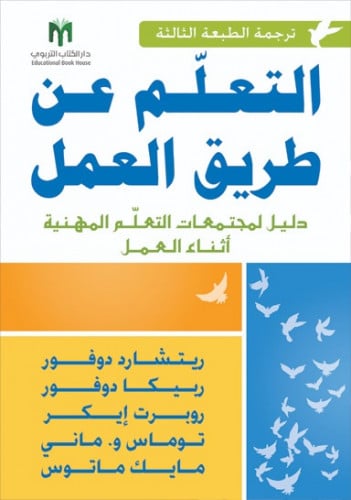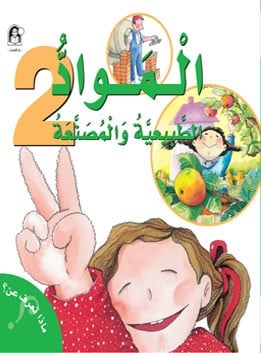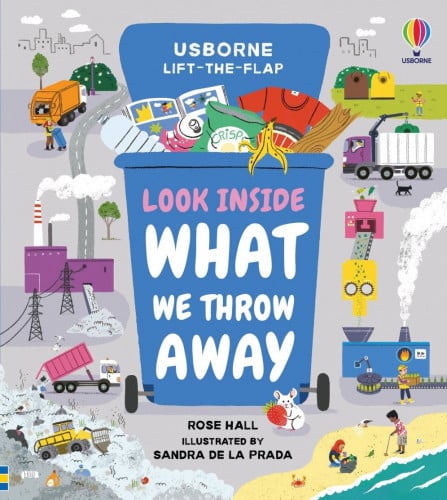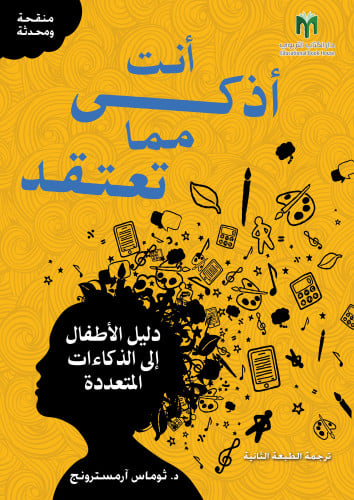AVAILABLE IN ARABIC
About This Book
First Book:
Teaching Students to Be Peacemakers is a school-based conflict resolution program aimed at teaching students to manage their conflicts through negotiation and mediation, the core skills taught in the program. In an effort to teach students constructive ways to resolve their conflicts, the program seeks to reduce the occurrence of violence in schools, enhance academic achievement, and promote the importance of mutual understanding and agreement among one another.
Teaching Students to Be Peacemakers is based on the conflict resolution theory, which recognizes that conflicts are an essential and natural part of society. Conflicts aid in both social and cognitive development; however, there are effective and ineffective ways in which conflicts can be managed. For an individual to resolve a conflict, he or she must be able to take into account their own interests, as well as the interests of others. The individual must learn to negotiate with others so that a collective agreement between all parties involved can be reached. Understanding the importance of conflict resolution and the steps necessary to resolve conflict, Teaching Students to Be Peacemakers seeks to teach these conflict resolution skills to elementary, middle, and high school students.
Topics : Teaching Strategies
Table Of Content
Preface
Chapter 1 Teaching Students To Resolve Conflicts
Chapter 2 The Positive Nature Of Conflict
Chapter 3 Creating A Cooperative Context
Chapter 4 Conflict Strategies
Chapter 5 Teaching Students To Negotiate
Chapter 6 Managing Anger Constructively
Chapter 7 Teaching Students To Mediate
Chapter 8 Implementing Peer Mediation Program
Chapter 9 Conclusions
Appendix A Glossary
References
About This Book
Second Book:
Teaching Students to Be Peacemakers is a school-based conflict resolution program aimed at teaching students to manage their conflicts through negotiation and mediation, the core skills taught in the program. In an effort to teach students constructive ways to resolve their conflicts, the program seeks to reduce the occurrence of violence in schools, enhance academic achievement, and promote the importance of mutual understanding and agreement among one another.
Teaching Students to Be Peacemakers is based on the conflict resolution theory, which recognizes that conflicts are an essential and natural part of society. Conflicts aid in both social and cognitive development; however, there are effective and ineffective ways in which conflicts can be managed. For an individual to resolve a conflict, he or she must be able to take into account their own interests, as well as the interests of others. The individual must learn to negotiate with others so that a collective agreement between all parties involved can be reached. Understanding the importance of conflict resolution and the steps necessary to resolve conflict, Teaching Students to Be Peacemakers seeks to teach these conflict resolution skills to elementary, middle, and high school students.
Topics : Teaching Strategies
Table Of Content
Section One: What Is Conflict?
What Conflict Means To Me
Me And My Conflicts
Dividing The Candy
Nonverbal Conflicts
Conflict Personal Profile One
What Is Conflict
How Conflicts Should Be Managed
Conflict Definitions Exercise
Points To Remember
What You Need To Know
How Conflicts May Be Beneficial
Conflict Journal
Section Two: Enlarging The Shadow Of The Future
Enlarging The Shadow Of The Future
When Are You Interdependent?
Establishing Positive Interdependence
Breaking Balloons
Blowing Off Steam
Section Three: Strategies For Dealing With Conflict
What Would I Do?
What Would I Do?
The Book That Both Wanted
Individual Conflict Profile
Conflict Strategies Diagram
Using The Conflict Strategies
Strategy Game
Six Conflict Rules
What Should I Do?
Section Four: Learning To Negotiate
Steps Of Managing Conflict
Conflicts Of Interests Identification Form
What Books To Take
Understanding How To Make A Profit
Negotiating An Agreement
Making A Profit Exercise: Buyer Profit Sheet
Making A Profit Exercise: Seller Profit Sheet
Making A Profit: Discussion Guide
Negotiating
Negotiating To Win
Negotiating To Solve The Problem
What I Want, What You Want
How I Feel, How You Feel
Why I Want It, Why You Want It
My Understanding Of You, Your Understanding Of Me
Inventing Options For Mutual Gain
Negotiating: The Whole Procedure
Stop Calling Me Names
Building A Bridge To Successful Resolution
Bridge To Understanding
Role Plays
Hamlet And His Father's Ghost
Negotiable Vs. Nonnegotiable Issues
Conflict Report Form
Section Five: More On Negotiating
Who Owns This
Describing Others' Behavior
Describing Your Feelings
Is This The Way You Feel?
Body Talk
Differentiating Between Positions And Interests
Paraphrasing
Your row, Of You
Olit Point Of View
Dear Edy
Brainstorming Optional Agreements
Conflict Detective
Handling Put-Downs
Protecting Yourself From Put-Downs
Just Joking
Being Positive About Yourself While Trying Again
Section Six: How To Mediate
How To Mediate
Crack The Conflict Code
Mediation Menu
Ending Hostilities
Cooling Down
Conflict Form
Planning Your Opening Statement
Facilitate Negotiations
Mediation Summary
Mediation Record
Practicing Mediation
Mediation Training Role Play Round Robin
Being An Umpire: Calling Fouls
Mediation Review Games
Implementing The Peer Mediation Program
A Good Mediator Is
Celebrate
About the Authors
David W. Johnson:
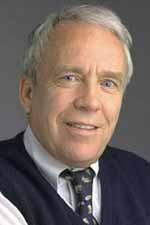
David W. Johnson is a Professor of Educational Psychology at the University of Minnesota. He is Co-Director of the Cooperative Learning Center. He received his doctoral degree from Columbia University. He has authored over 500 research articles and book chapters. He is the author of over 50 books. He is a past-editor of the American Educational Research Journal. He held the Emma M. Birkmaier Professorship in Educational Leadership at the University of Minnesota from 1994 to 1997 and the Libra Endowed Chair for Visiting Professor at the University of Maine in 1996-1997. He received the American Psychological Association’s 2003 Award for Distinguished Contributions of Applications of Psychology to Education and Practice. In 2007 he received (with his brother Roger) Brock International Prize in Education administered by the College of Liberal Studies at the University of Oklahoma. In 2008 he received the Distinguished Contributions to Research in Education Award from the American Education Research Association. In 2010 he received the Jeffrey Rubin Theory To Practice Award, awarded by the International Association for Conflict Management and the Program on Negotiation at the Harvard Law School. For the past 40 years Dr. Johnson has served as an organizational consultant to schools and businesses throughout the world. He is a practicing psychotherapist.
Roger T. Johnson:

Roger T. Johnson is a professor of Curriculum and Instruction at the University of Minnesota. He holds his doctoral degree from the University of California in Berkeley. He is the Co-Director of the Cooperative Learning Center. He and his brother David were awarded the Brock International Prize in Education in 2007. Dr. Johnson's public school teaching experience includes kindergarten through eighth grade instruction in self-contained classrooms, open schools, nongraded situations, cottage schools, and departmentalized (science) schools. At the college level, Dr. Johnson has taught teacher-preparation courses for undergraduate through PhD programs. He has consulted with schools throughout North America, Central and South America, Eastern and Western Europe, the Middle East, Asia, and the Pacific Region. He taught in the Harvard-Newton Intern Program as a Master Teacher. He was a curriculum developed with the Elementary Science Study in the Educational Development Center at Harvard University. For three summers he taught classes in the British Primary Schools at the University of Sussex near Brighton, England. Dr. Johnson has been honored with several national awards including the American Psychological Association the American Society Engineering Education, National Council for the Social Studies, Minnesota Association for Supervision and Curriculum Development, University of Maine, and Ball State University. Dr. Johnson is the author of numerous research articles, book chapters, and books. Nationally, Dr. Johnson is a leading authority on inquiry teaching and science education.
ISBN: 9960863336
Author: David W. Johnson & Roger T. Johnson
Publisher: Educational Book House
Size: 17*24cm
Pages number: 589

